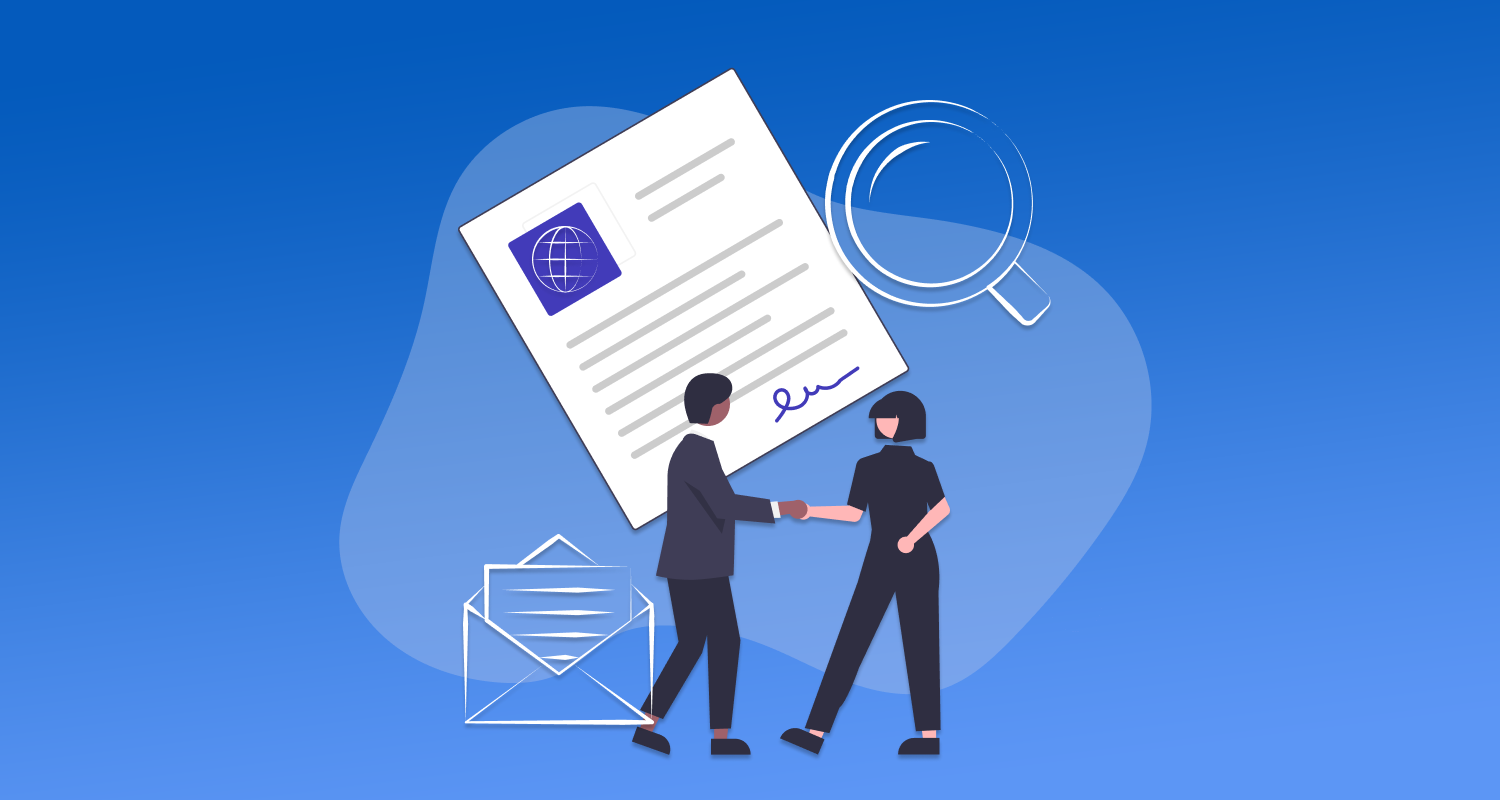Freelance contracts are your first line of defense against being stiffed by clients who don’t pay you for the work you’ve done, and you need to ensure that yours has all the features your industry requires. If you get sued over your contract, which can happen if it’s missing certain essential elements, you could lose your assets or even find yourself owing money to the other party! Here are the nine essentials of a freelance contract in 2023.
Payment Structure

No matter what kind of contract you’re using, getting paid is one of most important elements. In order to make sure your contract is legally binding, it must spell out how much you’ll be paid for work and when. Both sides should agree on an appropriate payment structure before beginning any work. This usually includes milestone payments (when certain parts of your project are completed) and full payment once your project is complete.
Time Frame
The contract should detail when and how long you will work on a project. You can outline weekly, biweekly, or monthly increments and how long that period will last. Lengthy projects that span multiple months may require installments or installments at certain milestones (e.g., 50% upon completion of Phase 1, 25% upon completion of Phase 2).
Deliverables

It’s one thing to say I will write three articles per week, but it’s another to specify what you mean by article. Are you talking about 600 words? 3,000? 10,000? And how do you want these articles delivered—in a Word document? PDF? Plain text file?
License to Use
Your freelance contract should include language that specifies how long your client has exclusive rights to use your work. In most cases, an agreement should stipulate at least three months—enough time for you to find other clients and for them to publish and promote their final piece. It’s also good to know that even after three months, you can still republish something (with permission) as it may have aged into a different type of content.
Confidentiality Agreement

Everything that you tell and show your contractor becomes their intellectual property. So you want to protect your intellectual property (IP) by having them sign a Non-Disclosure Agreement (NDA). The agreement will ensure that they are not sharing or using your IP for their own benefit. This is especially important if you’re planning on bringing them on for future projects.
Copyright and Ownership
If you’re a freelance copywriter and creating original material for one of your clients, you’ll want to copyright that work. Protecting yourself from plagiarism (or lawsuits) is simple: Just include language about ownership and intellectual property rights when negotiating with your client. If an issue does arise down the line, it will be easier to deal with because you were thorough during negotiations. That being said, it can also help to attach a copyright notice somewhere in your contract.
Cancellation Policy

Contracts are nothing without language that outlines situations in which both parties can get out of an agreement, whether it’s because they’ve mutually decided to go their separate ways or one party is late on a payment. When your contract includes cancellation language and you need to end your relationship with a client, you won’t find yourself stuck—the contract will protect you from being sued for breach of contract.
Taxes and Insurance
When it comes to taxes and insurance, you want to make sure that your independent contractor is fully covered. Insurance can protect your contractor against things like errors and omissions (E&O) as well as liability issues when it comes to their clients. Make sure they are properly insured before signing any contracts with them.
Non-Disclosure Agreement

Make sure you understand what your freelance clients are willing to share before embarking on any projects together. Many freelancers do not include non-disclosure agreements with their contract, but if your project deals with sensitive information or proprietary ideas, such as trade secrets or research and development data, there’s no better way to protect yourself than including an NDA in your contract.